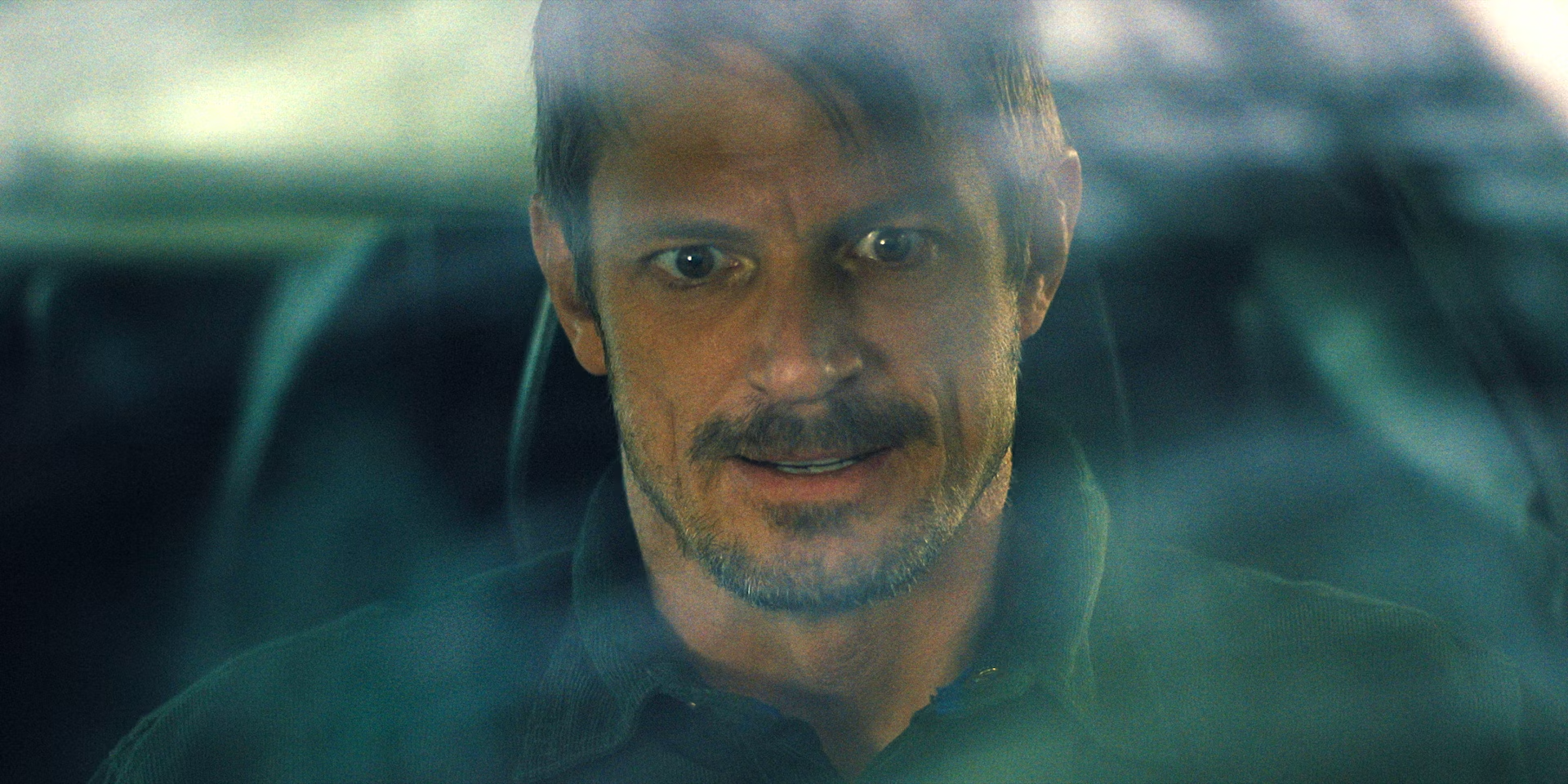Silent Night (John Woo, 2023)

It’s been a rough decade for John Woo. After his triumphant return to Chinese language cinema in 2008 with the excellent two-part war epic Red Cliff, he spent years attempting another big historical film. The first part of The Crossing was released in 2014 and, despite the fact that it is one of his most beautiful works, a network narrative built around the intersecting live of various people in the time of the Anti-Japanese War, it met with poor reviews and worse box office. Apparently losing confidence in the work, Woo scrambled to reedit the second part, even reconciling with long-time frenemy Tsui Hark to have him take a pass at it, and the result was a bizarre mess of a film, rehashing whole sequences from the first part with no apparent logic before culminating in the (spectacular) ocean liner disaster that the first part had been patiently building towards. Retreating from these large scale features, his next film, Manhunt, was made in Japan at a decidedly smaller budget. And while that film does retain some of the charms of Woo’s lighter action fare (more Once a Thief or Broken Arrow than The Killer and Hard Boiled), an overly-convoluted plot weighs down what could have been a very fun action film.
For Silent Night, Woo’s return to American film, he at the very least doesn’t have to worry about a complicated script. The gimmick here is that the film has no actual dialogue, though there are some bits of exposition: letters, texts, radio reports. This allows Woo free reign to tell his story with the kind of swooshing musicality that’s been present in his work from the very beginning. While the movie begins and ends with action scenes, the vast bulk of it feels like an extended montage sequence, and if the tone here isn’t quite effective, that’s partially because he already perfected this approach in A Better Tomorrow and The Killer 35 years ago. The other part of the blame lies with the scenario concocted by screenwriter Robert Archer Lynn, who had four screenwriting credits on the imdb in 2007 and nothing in the 16 years between then and Silent Night.
Joel Kinnaman plays a man with the perfectly Woovian name Brian Godluck whose young son is, in the opening moments, murdered by a stray bullet fired by warring street gangs. Brian chases after the gangsters and ends up getting himself shot in the throat. He survives, but can’t speak anymore. Returning home, he becomes consumed by his need for revenge, training every day (pull-ups, youtube knife tutorials, shooting range, practice stunt-driving a stolen red Mustang he buys from a kid with what appears to be a personal check). Months pass and, on the anniversary of his son’s murder, he begins his rampage.
Kinnaman is the ideal actor for this part: as seen on his excellent work in the TV series For All Mankind, he excels at bewilderment, barely contained rage, and losing a child in a tragic accident. With the unusually long recovery and training sequences, Woo and Kinnaman unbalance the simple Death Wish-style revenge narrative. Instead of simply getting ready and going out to kill gangsters, we see the process by which, day-by-day, week-by-week, Brian cuts off any connection to the outside world, allowing himself to be consumed by this pathological hatred. The film externalizes his psychosis by surrounding him with a hostile city, one populated only by the most cliched and stereotyped urban youth. That this is a movie about an angry white Texan dealing out justice to hordes of nameless, personality-less (aside from their various tattoos) Hispanic men can hardly escape anyone’s notice, even Woo, whose connection to American racial politics is tenuous at best. And read as a straightforward hero narrative, the racist nihilism of the scenario is undeniable.
But Woo has never been a nihilist. He’s able to extend a great deal of empathy toward Brian, to the point of depicting the world the way he sees it, horrific as that may be. But the overarching mood of Woo’s film is not one of triumph or redemption, but deep and profound sadness. Brian, for all his training, is not particularly good at revenge. He gets lucky in a few shootouts and he maneuvers his car well—the action scenes are uniformly solid, highlighted by a showpiece sequence-shot up a long flight of stairs, the kind of thing that’s been done by Johnnie To and Tony Jaa, but is nonetheless executed expertly by Woo—but he’s sloppy and gets shot a lot and gets a number of innocent people killed, including a police officer who appears to have just been minding her own business before getting caught in a crossfire. She’s played by Angeles Woo, John’s daughter, and the director’s sympathy seems to lie more with her, and Brian’s shunted aside wife (Catalina Sandino Moreno), than it does with any of the men of violence we see. Silent Night ultimately is a movie about violence, but violence as a trap, as a tragedy that, if you let it in, won’t ever let you escape.
